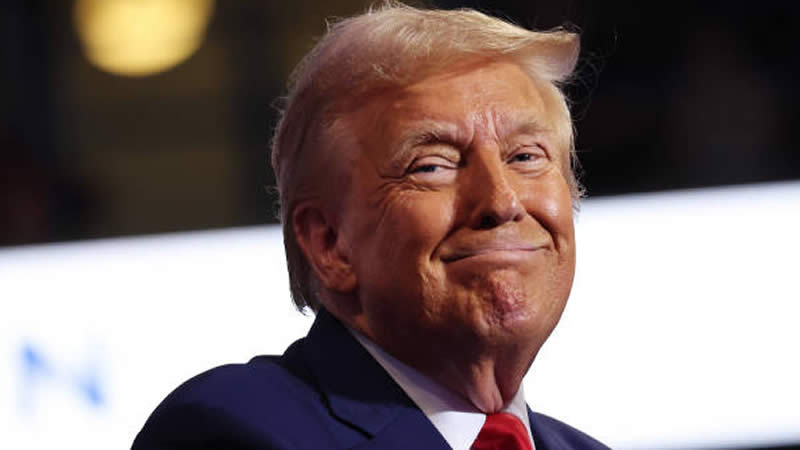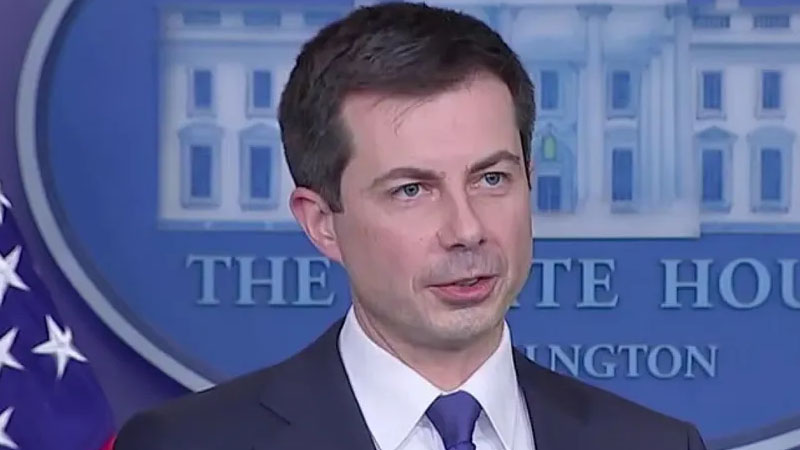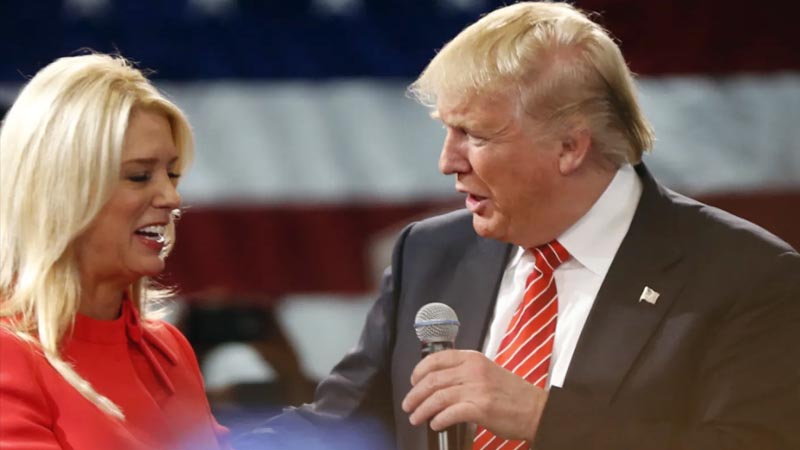“Trump Can’t Fix It”: Columnist Argues Against the ‘Flight 93’ Mindset in Politics

Photo Credit: Getty Images
In a recent op-ed for The Washington Post, columnist Megan McArdle delves into the divisive support for former President Donald Trump, arguing that a second Trump administration would ultimately harm both conservatives and the country. McArdle contends that the “Flight 93 mindset,” a belief held by many of Trump’s supporters, mistakenly champions a radical overhaul of U.S. institutions — an approach she views as reckless and counterproductive.
McArdle references the “Flight 93 mindset,” a concept first articulated in a 2016 essay in the Claremont Review of Books, which compares American politics to United Airlines Flight 93. That flight, tragically taken over by terrorists on September 11, 2001, ended in a crash when passengers attempted to regain control. The essay’s premise suggested that conservatives should metaphorically “storm the cockpit” of government, even if it risks disastrous outcomes.
McArdle argues that many Trump supporters still embrace this mindset, convinced that radical action is necessary to wrest back control of institutions like academia, civil service, and media, which they view as dominated by liberal ideologies. “Advocates of the Flight 93 strategy see a world where the left has gained control of the institutions that are supposed to inform, monitor and execute government policy — civil service, academia, mainstream media, professional groups, and nonprofits,” McArdle writes.
She argues that while elected officials create the rules, the enforcement of those rules largely depends on who is in charge of these institutions, which Trump supporters see as compromised by liberal influence. However, McArdle suggests that the “Flight 93” approach is misguided, arguing that even flawed systems are better than a governance style reliant on the whims of a “strongman.”

According to McArdle, the procedural nature of governance, while imperfect, serves as a safeguard not just for liberals but for conservatives as well. “Procedural power might be abused by the left, but the procedures protect conservatives as well as liberals,” she contends. In her view, dismantling these systems would not empower conservatives but leave both sides vulnerable to unchecked authority.
Moreover, McArdle argues that conservatives are correct in their criticism of institutions that “are botching their missions and destroying public trust.” Yet, she insists that Trump is not the solution, as his impulsive decision-making is likely to result in chaos rather than constructive reform. “Instead of the patient work of lasting institutional change, we will get even more chaotic, impetuous decisions driven by whatever flattering lackey can grab the president’s ear, or whatever Fox News story has captured his fleeting attention,” McArdle asserts.
For McArdle, the idea of tearing down institutions in favor of unstructured governance under Trump is not a sustainable path forward. She warns that dismantling systems without a clear plan for rebuilding them only leads to short-term chaos. “Conservatives will find little worth salvaging from the wreckage,” she adds, cautioning that the damage could leave even those on the right disillusioned with the outcome.
McArdle’s analysis suggests that rather than embracing radical solutions, conservatives should focus on methodical, patient work to reform institutions over time. She believes that true change is achieved through steady, enduring efforts rather than dramatic, impulsive moves, underscoring the importance of preserving democratic processes.


